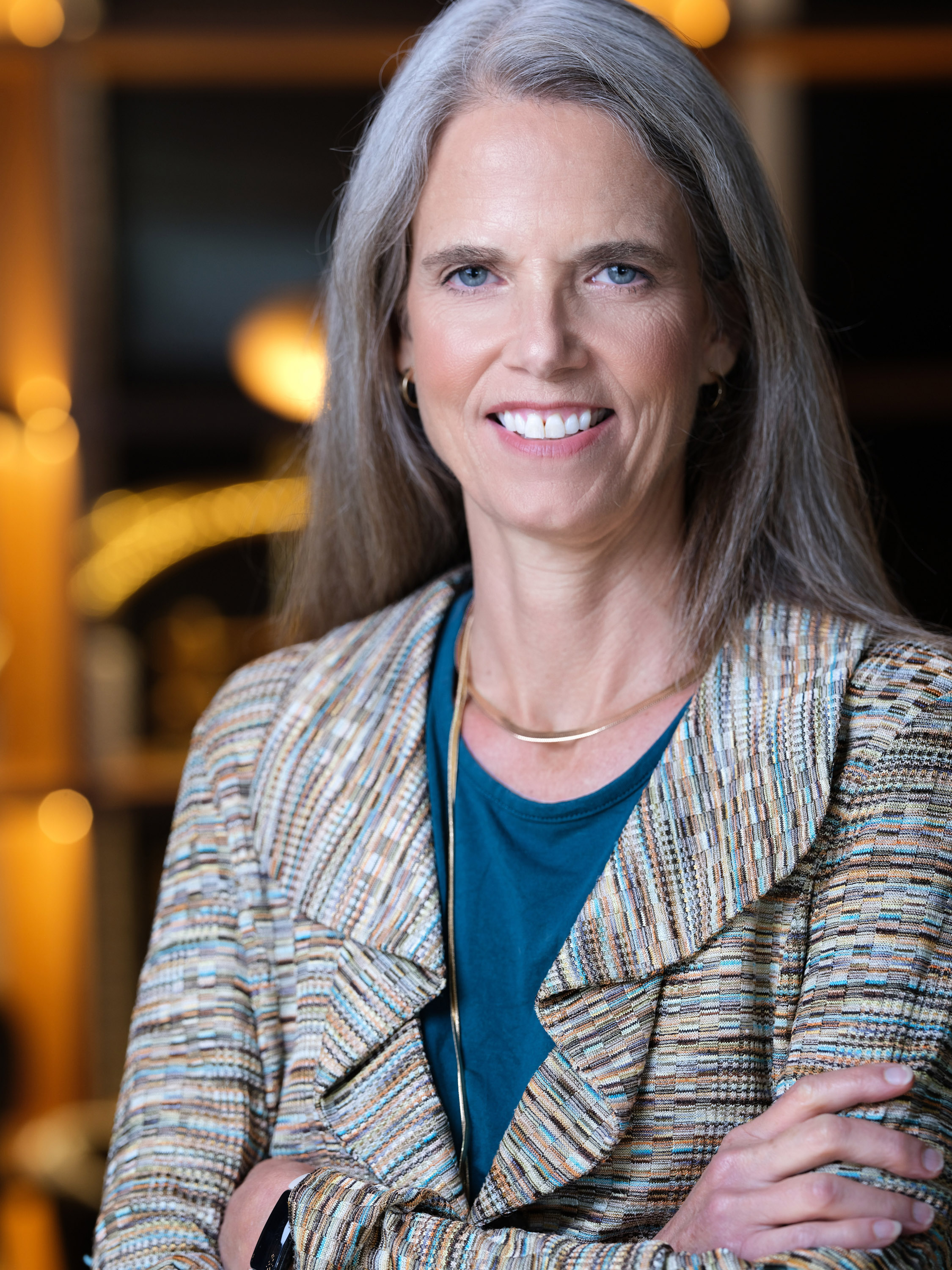Job titles of the future: Chief heat officer
Miami’s public official is the first of her kind.

In Miami, extreme heat is a deadly concern. Rising temperatures now kill more people than hurricanes or floods, and do more harm to the region’s economy than rising sea levels. That’s why, in 2021, Florida’s Miami-Dade County hired a chief heat officer, Jane Gilbert—the first position of its kind in the world.
Heat has been a silent killer in Miami, says Gilbert: “The number-one cause of weather-related death is from excess heat. It’s been this underrecognized issue that needs to be elevated.” According to the Centers for Disease Control and Prevention, there are an average of 67,512 emergency department visits in the US due to heat each year, and 702 heat-related deaths.
A holistic approach: Gilbert works in the county’s Office of Resilience, which has people designated to work on sea-level rise, carbon mitigation, and waste reduction. “Together,” she says, “we make sure we come at it from an integrated perspective.” She acknowledges that some may be skeptical of her role because “if you work and live in air-conditioning and can afford it, you can manage heat, [and] you don’t need me.”
Inform, prepare, protect: Gilbert’s focus is on those least able to protect themselves and their families against high heat—poorer communities and Black and Hispanic people tend to bear the brunt. Her collaborative efforts to keep homes, facilities, and neighborhoods affordably cool include everything from creating programs that protect outdoor workers to planting trees that help mitigate heat-island effects.
Career path: Gilbert majored in environmental science at Barnard College in New York City and went on to get a master’s in public administration at Harvard’s Kennedy School of Government, focusing on urban community development. The job of chief heat officer didn’t exist back then, she says, but if it had, “I would have been really interested.” Some of the issues may have shifted, she explains, “but when I studied climate change in the mid-’80s, it was accepted science.”
Deep Dive
Climate change and energy
The problem with plug-in hybrids? Their drivers.
Plug-in hybrids are often sold as a transition to EVs, but new data from Europe shows we’re still underestimating the emissions they produce.
Harvard has halted its long-planned atmospheric geoengineering experiment
The decision follows years of controversy and the departure of one of the program’s key researchers.
How thermal batteries are heating up energy storage
The systems, which can store clean energy as heat, were chosen by readers as the 11th Breakthrough Technology of 2024.
The hard lessons of Harvard’s failed geoengineering experiment
Some observers argue the end of SCoPEx should mark the end of such proposals. Others say any future experiments should proceed in markedly different ways.
Stay connected
Get the latest updates from
MIT Technology Review
Discover special offers, top stories, upcoming events, and more.